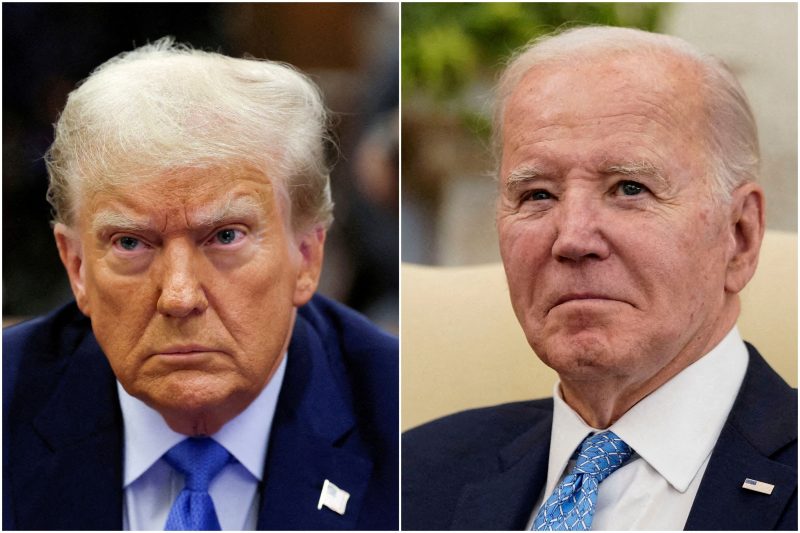In a recent interview, President Joe Biden made a statement regarding the upcoming 2024 presidential race that stirred controversy and divided opinions among the public. Biden’s assertion that the election will be a binary choice between himself and the Republican nominee has sparked a debate about the nature of American democracy and the diversity of perspectives within the electorate.
While Biden’s assertion may simplify the political landscape into a clear-cut choice between two major parties, many Americans do not see the upcoming election in such black-and-white terms. The political spectrum in the United States encompasses a wide range of ideologies and viewpoints, with third-party candidates and independent voices playing a significant role in shaping the political discourse.
By framing the 2024 race as a binary choice, Biden may be overlooking the concerns and priorities of millions of Americans who do not identify exclusively with either major party. From progressive activists seeking bold and transformative change to libertarian-minded individuals advocating for limited government intervention, the American electorate is far from monolithic in its political beliefs.
Furthermore, the notion of a binary choice in politics can be limiting and exclusionary, creating a false dichotomy that fails to capture the complexity of issues facing the country. By promoting a narrative that focuses solely on two dominant parties, Biden’s remarks risk marginalizing voices on the fringes of the political spectrum and perpetuating a two-party system that some view as inherently flawed.
In a democracy founded on the principles of free speech and diverse representation, it is crucial to embrace the multiplicity of perspectives that exist within society. By acknowledging and engaging with a wide range of viewpoints, politicians can foster a more inclusive and participatory political environment that reflects the true diversity of American society.
As the 2024 election draws near, it is important for both candidates and voters to recognize the complexity of the political landscape and the varied perspectives that shape it. Rather than constraining the debate to a binary choice, embracing the diversity of voices in American democracy can lead to a more vibrant and representative electoral process that truly reflects the values and aspirations of the people.

